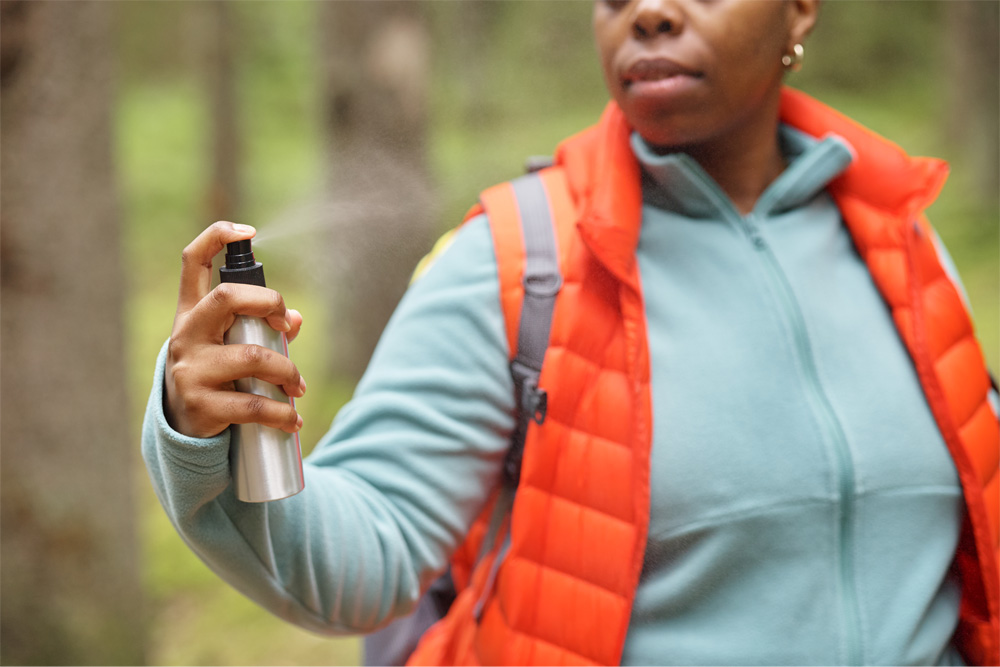International travel is one of the most rewarding experiences you can have. It’s a chance to immerse yourself in a different culture, try new foods, and see parts of the world that most people only read about. But with all that excitement comes a reality many travelers overlook: when you leave home, you also leave behind familiar health systems, sanitation standards, and environmental conditions.
For many travelers, that means exposure to parasites, stomach infections, scabies, and mosquito-borne illnesses like malaria. These can cut trips short, drain energy, and in the case of malaria, even become life-threatening. The good news? With preparation, you can dramatically reduce your risk.




